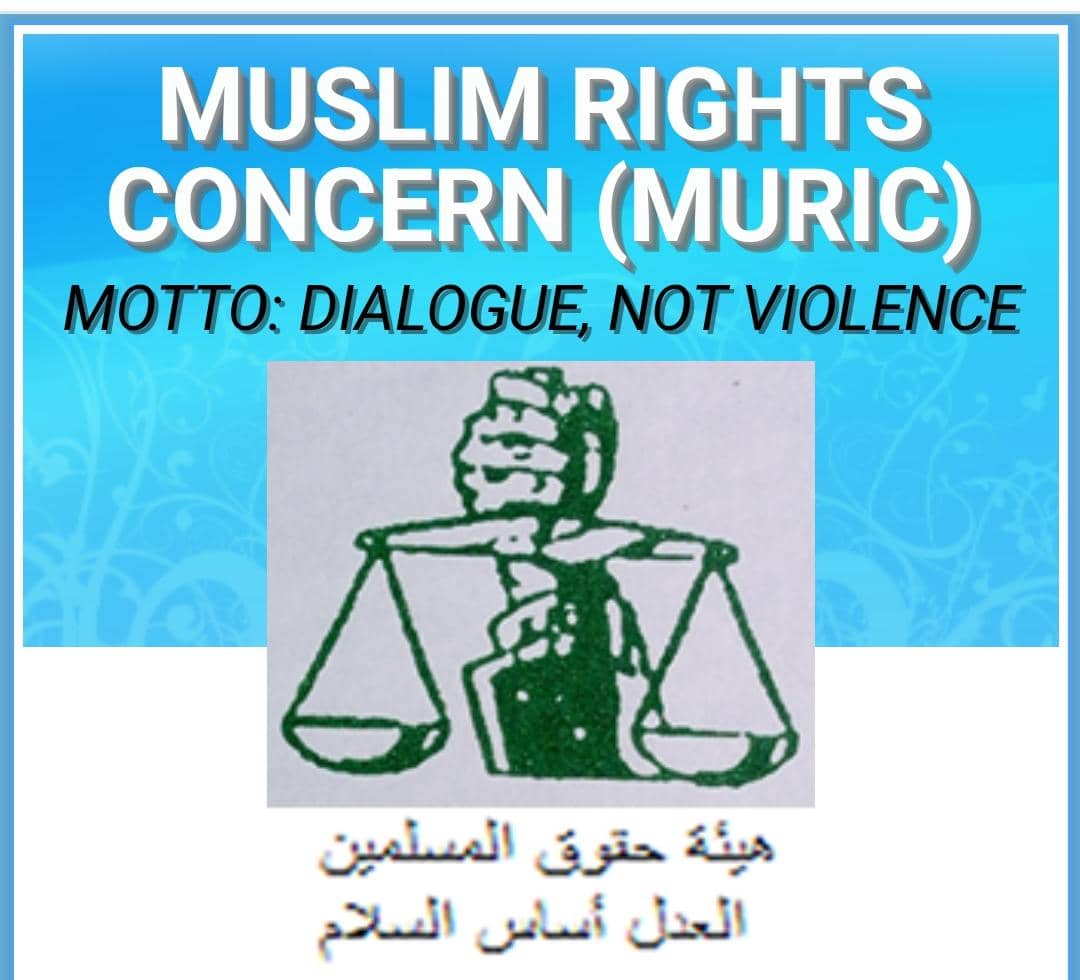REFUTATION TO A RECKLESS FATWA (JURISTIC VERDICT) REGARDING HIJAB AND NIQAB-WEARING WOMEN IN MEDICAL SCHOOLS
Recently, I came across a misleading fatwa regarding Muslim females who seek to study medical courses in conventional institutions.
Reacting to the LAUTECH’s face-veil removal saga, the Ustaadh exerted all effort in shifting the blame on the female medical students (who were victims of molestation).
His argument was; what are those Niqabites and Hijabites looking for in such places when they knew their dressing won’t be allowed? Instead, it is better to leave the school for them. Why would they attend those institutions when they are not ready to compromise and conform to their standard dress code? And how would Hijabites and Niqabites go to educational institutions where man-made laws supersede the divinely revealed dress code? And the criticism went on like that…
Here is a refutation of the above reckless and misleading verdict:
1. The same Ustaadh once said in a lecture that there was a time he took his wife to the Clinic and he wanted responsible Muslim women professionals to attend to her.
Is this not contradictory? Can you harvest what you didn’t sow? How can this desire be fulfilled when your fatwa has discouraged the few Muslim women who are ready to sacrifice and endure the institutionalized discrimination?
2. Secondly, I think lack of adequate exposure vis-a-vis the Nigerian constitution is what influenced the ill-informed fatwa. If we should employ wisdom, certain laws are available in the Nigerian Constitution which can favourably be employed to win the Hijab/Niqab battle, particularly in public institutions. If a scholar is not aware of this, he should meet competent Muslim lawyers to educate him on this affair rather than passing a one-eyed fatwa. For instance, Section 38(1) of the Constitution of Federal Republic of Nigeria, 1999 (as amended), states:
“Every person shall be entitled to freedom of thought, conscience and religion, including the freedom to change his religion or belief, and freedom (either alone or in community with others, and in public or in private) to manifest and propagate his religion or belief, in worship, teaching, practice and observance.”
Islamic scholars and preachers must be cautious when dishing out fatawa (plural of fatwa). Extensive research and deep fact findings must be conducted before issuing a fatwa that will affect the general Muslim community. In addition, several Fiqh Principles such as “lesser of two evils”, “Ad-Daroorah (compulsive necessity)”, Maslahah and Mafsadah (benefit & harm), etc., must be properly reviewed and applied appropriately.
3. If we discourage Muslim women from studying medical courses due to societal discrimination against the Hijab/Niqab, are we now saying they should go for courses such as Accounting, Food & Nutrition, Geography, Political Science, etc., where they may likely escape persecution due to their Islamic dressing? Or are we saying it is not compulsory for them to go to school, so they should abandon schooling if their Islamic dress code is threatened?
So, we should bar the female Muslims from attending schools just because they want to practice their faith?
If any course would be left for the non-Muslims, it is certainly not a vital course like Medicine. Rather, legal means of addressing the challenge need to be adopted.
Being under a democratic government doesn’t mean Muslim women cannot study in conventional institutions without compromising their religious values. The reverse should be the case. If Muslim women are permitted to use full Hijab/Niqab in those western countries considered to be champions of democracy including the USA and Britain (with less Muslim population), why is it difficult to attain same in Nigeria where Muslims are predominant? Remember, some individuals fought for the Islam we all enjoy and practice today.
4. The Ustaadh and others who share his view should be aware that realities is practically different from theories. Muslim men want their mothers, sisters, wives and daughters to be treated by their fellow Muslim women (who exhibit Islamic ethics), so how will this situation be attained when your fatwa has already discouraged the womenfolk out of school. Will female Muslim doctors fall from heaven? Will female gynecologists sprout from the soil? Will Muslim female nurses come from Jupiter?
Better still, Nigerian Muslims who care about gender discrimination in seeking healthcare services should continue to endure the ugly condition their wives suffer at both private and public clinics in Nigeria? Or should they travel abroad to avoid such?
Or can we start to import the services of female medical practitioners like Saudi is doing?
5. If they molest Muslim women in taxis and commercial buses, will the same fatwa be applicable? Will the Ustaadh say Muslim women should stop patronizing public transports? If they molest Muslim women at the roadside and market places, will he issue a fatwa to stop Hijabites from going out?
If we should defend and protect our womenfolk against molestation at the roadside and in public transports, then it is more appropriate to defend and protect them against any form of discrimination in public schools, rather than condemning their indulgence while energizing the enemies.
Finally, I adjure Muslim scholars and preachers to always examine the realities about an issue before issuing fatwas. Islam is a pragmatic religion that proffers practical situations. It often permits dynamic approaches to novel challenges. Scholars and religious leaders must learn not to be myopic and parochial in their views.
And Allah knows best!
By: Abu Mar’yam Hanafi Abdulkadri (hanafiabdulkadri@gmail.com)



